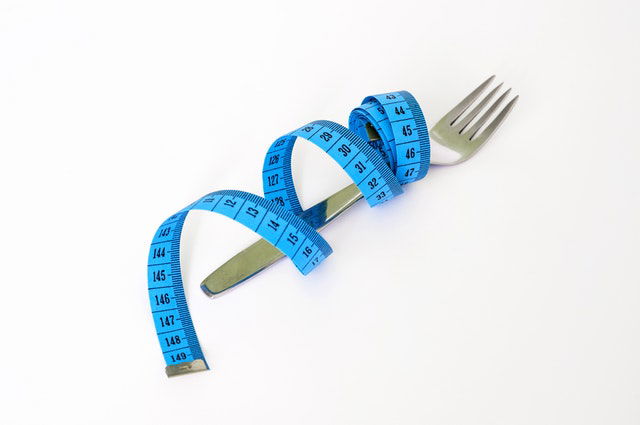
In a new study, researchers found a special diet holds promise for treating people with inflammatory bowel disease, or IBD.
The diet is a low-calorie “fasting-mimicking” diet. The study showed the fasting-mimicking diet reduced intestinal inflammation and helped intestinal stem cells grow.
With the diet, the researchers reversal of IBD pathology in mice and reduced inflammation in human patients.
The research was conducted by researchers from the University of Southern California.
IBD afflicts an estimated 1.6 million Americans. It is linked to acute and chronic inflammation of the intestine.
Previous studies have shown that people who ate a fasting diet had reduced risk for many life-threatening diseases.
In those studies, the people ate between 750 and 1,100 calories per day over a five-day period. The diet contained specific proportions of proteins, fats, and carbohydrates.
In the current study, the team found mice fed with a fasting-mimicking diet reversed some IB D symptoms.
In human patients with IBD, the researchers found the inflammation biomarkers were reduced when patients ate the fasting-mimicking diet.
They explain that certain nutrients in the fasting-mimicking diet may contribute to the anti-inflammatory changes.
They suggest fasting can prime the body for improvement, but it is the “re-feeding” in the diet that offers the opportunity to rebuild cells and tissues.
This is important because in the research of fasting diet in the past 100 years, the “re-feeding” part has been ignored.
The findings suggest that fasting diets have a strong effect on inflammation, regeneration, and aging.
They also suggest people should eat a healthy diet rich in vegetables, nuts and olive oil.
For people with a poor diet, a “once in a while” fix is the periodic use of a low-calorie, plant-based diet. The fasting diet can make cells act like the body is fasting.
The researchers also warn that fasting is hard to stick to and it can be dangerous. The fasting-mimicking diet is safer and easier than water-only fasting and can provide many health benefits.
One author of the study is Valter Longo, the director of the USC Longevity Institute.
The study is published in Cell Reports.
Copyright © 2019 Knowridge Science Report. All rights reserved.



